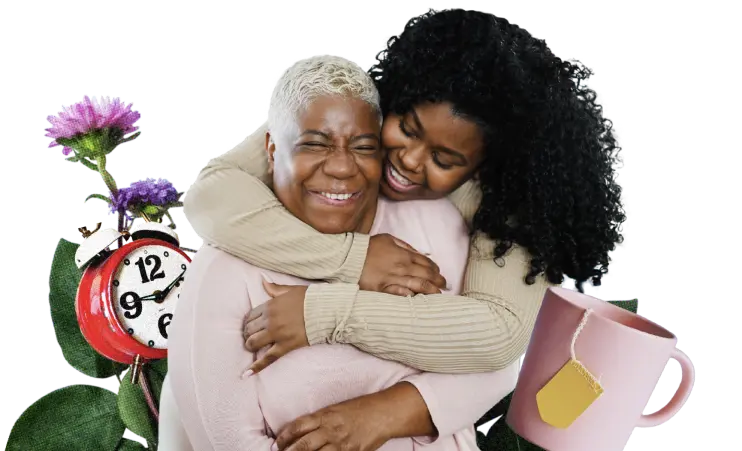
Over 12 million people rely on home- and community-based care supports, such as personal care at home, transportation services, adult day programs, or home modifications. All of which can add depth, drama, and comedy to your writing. Or all three at once – have you ever tried to install a shower chair in a NYC bathroom?
Story Sparks:
- Caroline has MS and needs to hire a care worker for added support. She sets up a series of interviews, looking for someone who has a shared cultural background. If they don’t know how to properly season food (salt is not the only spice!), they’re out.
- Felix makes a plan with their partner for how they want to be cared for as they age. It’s detailed, color-coded and part vision board meets Excel spreadsheet. Felix doesn’t skimp on anything.
- Paolo is a freelancer who benefits from a program that provides him with disability care. He’s offered his dream job as a sports announcer, but full-time income would render him ineligible for the benefit and paying out of pocket for the support he needs would be cost prohibitive.
AVOID THE PITFALL:
People who need care are the heroes of their own stories. Don’t assume that having care needs diminishes someone’s autonomy. Instead, normalize different care needs across the lifespan and show people taking an active role in managing the support they depend on.
A quick note: scenarios described here are generalized from information that Caring Across Generations has collected through focus groups, polling, and other research. They are generalized scenarios and are not any one individual’s story, and they are not meant to be comprehensive of all experiences having to do with care. This resource is intended to illuminate new storytelling opportunities that also contribute to a more authentic and holistic representation of care on screen.
